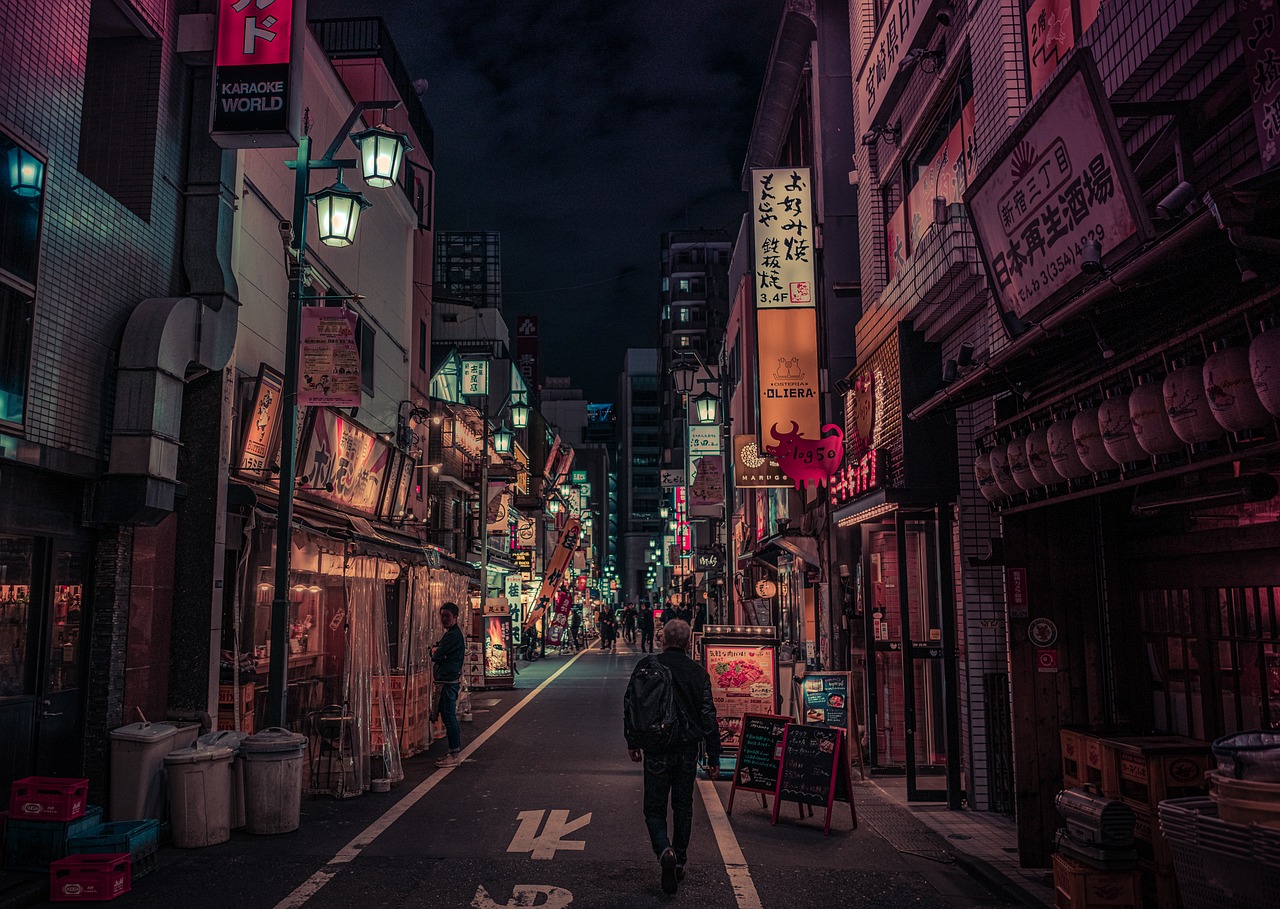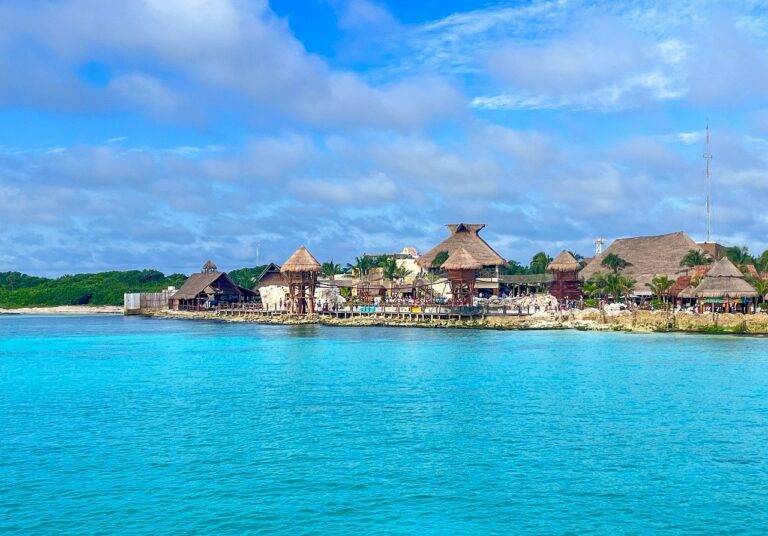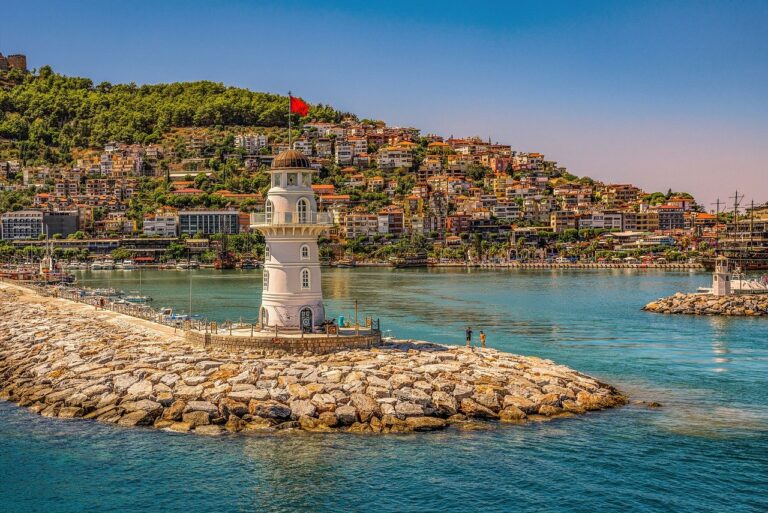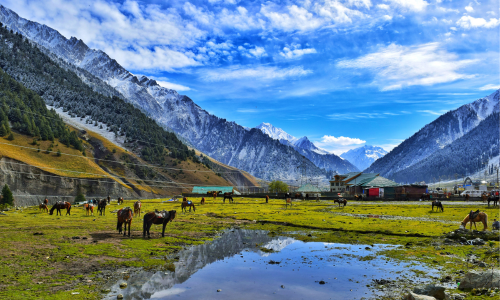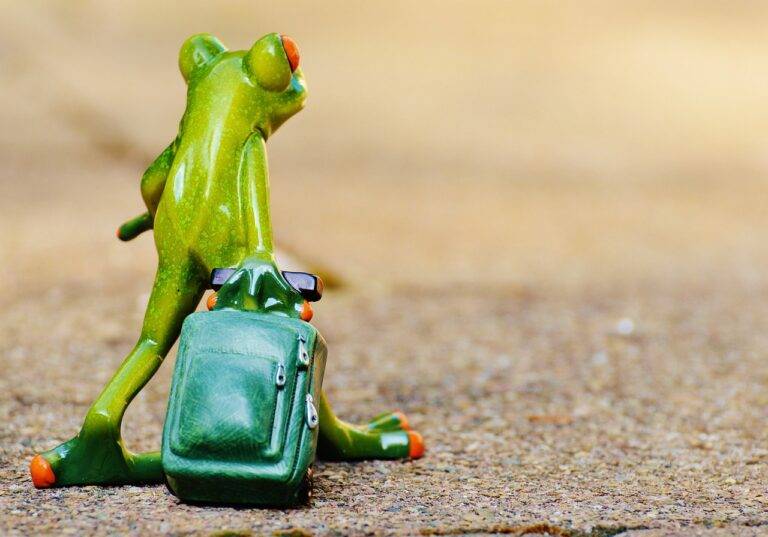Traveling in the Post-Pandemic Era: Trends and Changes in the Tourism Industry
The ongoing global pandemic has undeniably wreaked havoc on the tourism industry, causing a significant decline in international travel. The restrictive measures and lockdowns implemented by governments worldwide have led to a sharp decrease in visitor numbers to popular tourist destinations. With travel restrictions and health concerns in place, many people have had to cancel or postpone their travel plans, resulting in a massive blow to the tourism sector.
Consequently, the pandemic has forced businesses in the tourism industry to adapt to the changing landscape. Hotels, airlines, and tour operators have had to implement stringent health and safety protocols to reassure travelers and comply with government regulations. Additionally, many businesses have been forced to explore alternative revenue streams and pivot their offerings to cater to the evolving needs of travelers in this new normal.
• The ongoing global pandemic has caused a significant decline in international travel
• Travel restrictions and health concerns have led to canceled or postponed travel plans
• Businesses in the tourism industry have had to adapt by implementing health and safety protocols
• Hotels, airlines, and tour operators have had to pivot their offerings to cater to evolving traveler needs
Shifts in Traveler Behavior
One noticeable change in traveler behavior since the onset of the pandemic is the growing preference for outdoor and nature-based activities. Travelers are now seeking destinations that offer open spaces and opportunities to engage in activities such as hiking, camping, and wildlife observation. This shift highlights a shift towards a greater emphasis on health and well-being in travel choices.
Additionally, there has been a rise in the popularity of remote or off-the-beaten-path destinations as travelers look to avoid crowded tourist hotspots. Many are opting for more secluded and less congested areas to minimize their contact with large groups of people. This change in behavior reflects a desire for more intimate and authentic travel experiences, away from the typical tourist attractions.
Changes in Accommodation Preferences
Travelers’ accommodation preferences have undergone a significant transformation in the wake of the pandemic. Traditional hotel stays have seen a decline in popularity, with more people opting for alternative accommodation options such as vacation rentals and serviced apartments. This shift can be attributed to travelers seeking more secluded and private spaces to minimize contact with others.
Moreover, the desire for a home-like setting while traveling has led to a surge in demand for accommodations that offer kitchen facilities and separate living areas. Many travelers now prioritize hygiene and safety when choosing a place to stay, leading to the rise of new trends in the accommodation sector. This evolution in preferences has prompted the industry to adapt and innovate to meet the changing needs of modern travelers.
How has the pandemic affected tourism?
The pandemic has greatly impacted tourism worldwide, leading to travel restrictions, border closures, and a decrease in travel demand.
What are some shifts in traveler behavior that have been observed?
Some shifts in traveler behavior include a preference for domestic travel, a focus on health and safety measures, and a rise in interest in outdoor destinations.
What changes have been seen in accommodation preferences?
Changes in accommodation preferences include a higher demand for private vacation rentals, a preference for hotels with enhanced cleaning protocols, and an increase in popularity of remote and off-the-beaten-path accommodations.

